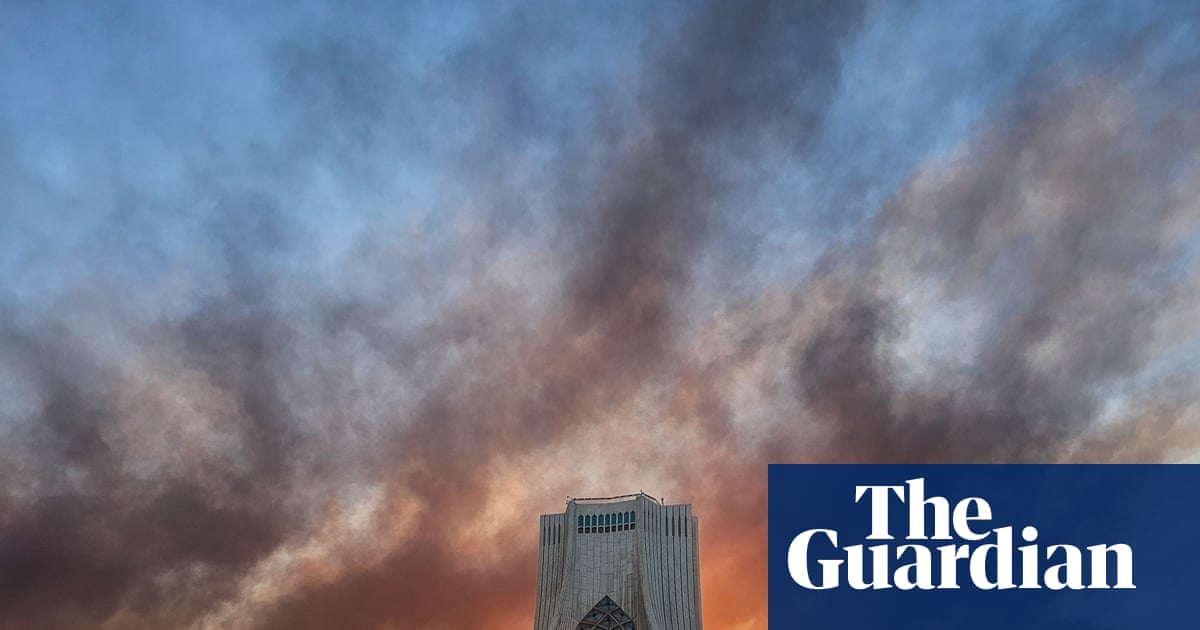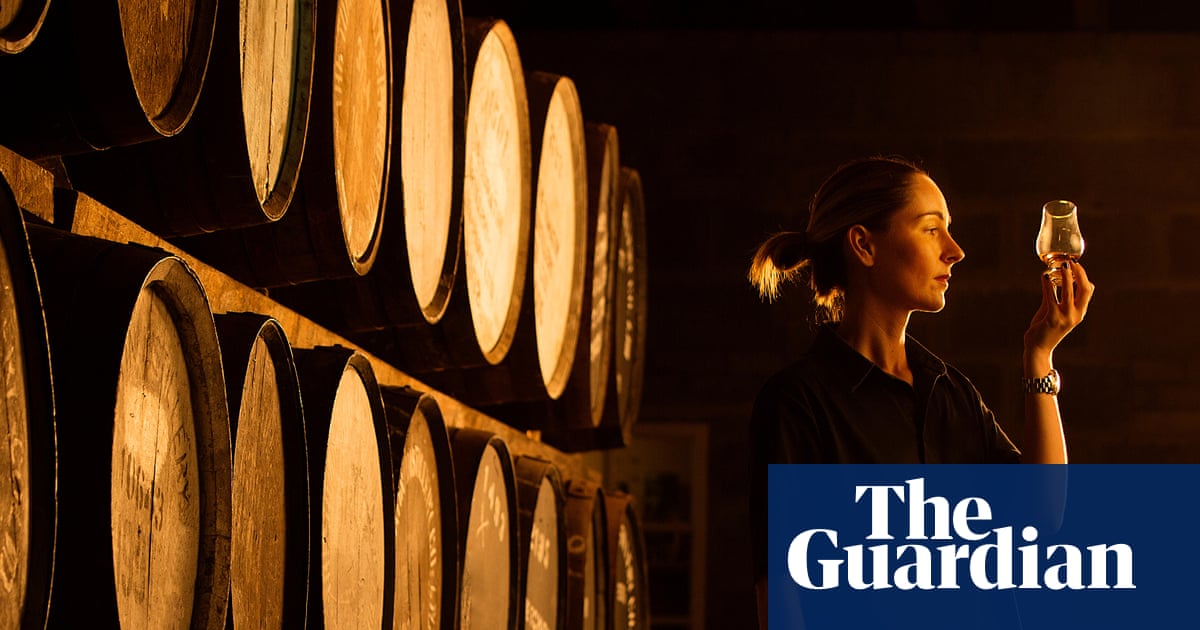Porn featuring strangulation or suffocation – often referred to as “choking” – is due to be criminalised, with a legal requirement placed on tech platforms to prevent UK users from seeing such material.
Possessing or publishing porn featuring choking will become a criminal offence under amendments to the Crime and Policing bill tabled in parliament on Monday.
In a separate amendment, victims of intimate image abuse will also have longer to come forward, with the time limit to prosecute extended from six months to three years.
The government said this would help break down unnecessary barriers victims face when reporting a crime, “improving access to justice for those who need it the most”.
The choking ban comes after a recommendation from a government review into pornography which found it has contributed to establishing strangulation as a “sexual norm”.
The independent porn review, conducted by Baroness Gabby Bertin, which was commissioned by former prime minister Rishi Sunak and published in February this year, recommended a ban on porn featuring strangulation.
Research shows strangulation is never a safe practice, despite a widespread belief it can be performed safely. Though it often leaves no visible injury, oxygen deprivation, even for very short moments, causes changes to the fragile structures of the brain.
Multiple studies have specifically shown brain changes in women who have been repeatedly “choked” during sex, including markers for brain damage and disruptions in brain hemispheres linked to depression and anxiety.
Due to these dangers, non-fatal strangulation and non-fatal suffocation were made a criminal offence as part of the Domestic Abuse Act 2021, after concerns that perpetrators would often avoid punishment because they leave no visible marks.
Under the new amendment, platforms will be required to take proactive steps to prevent users from seeing illegal strangulation and suffocation content.
The choking ban is set to become a priority offence, meaning porn sites and tech platforms will have a legal requirement to ensure UK users do not see this material.
The Ministry of Justice said this could include companies using automated systems to pre-emptively detect and hide images, moderation tools or stricter content policies to prevent abusive content from circulating.
Those who fail to take action will be subject to fines of up to £18m from Ofcom.
Bernie Ryan, chief executive of the Institute For Addressing Strangulation, said the organisation welcomed the ban. “While consenting adults have the right to explore their sexuality safely and freely, we must recognise the serious risks posed by unregulated online content, especially to children and young people.
“Strangulation is a serious form of violence, often used in domestic abuse to control, silence, or terrify. When it’s portrayed in pornography, particularly without context, it can send confusing and harmful messages to young people about what is normal or acceptable in intimate relationships. Our research shows there is no safe way to strangle.”
Minister for Victims and Tackling Violence Against Women and Girls, Alex Davies-Jones said online misogyny had “devastating real-life consequences for all of us”. Every day, women and girls have their lives turned upside down by cowards who hide behind screens to abuse and exploit them.
“This government will not stand by whilst women are violated online and victimised by violent pornography which is allowed to normalise harm.
“We are sending a strong message that dangerous and sexist behaviour will not be tolerated.”
It follows a UK government-commissioned review in 2020 that highlighted “substantial evidence of an association between the use of pornography and harmful sexual attitudes and behaviours towards women”.
A separate survey of children the same year found that most of them had come across violent or aggressive pornography that they found upsetting or disturbing, with some of them copying the behaviour they had seen online. Children who watched porn were between three and six times more likely to have “potentially dangerous behaviour” around consent, the research by the British Board of Film Classification found.

 3 months ago
71
3 months ago
71

















































